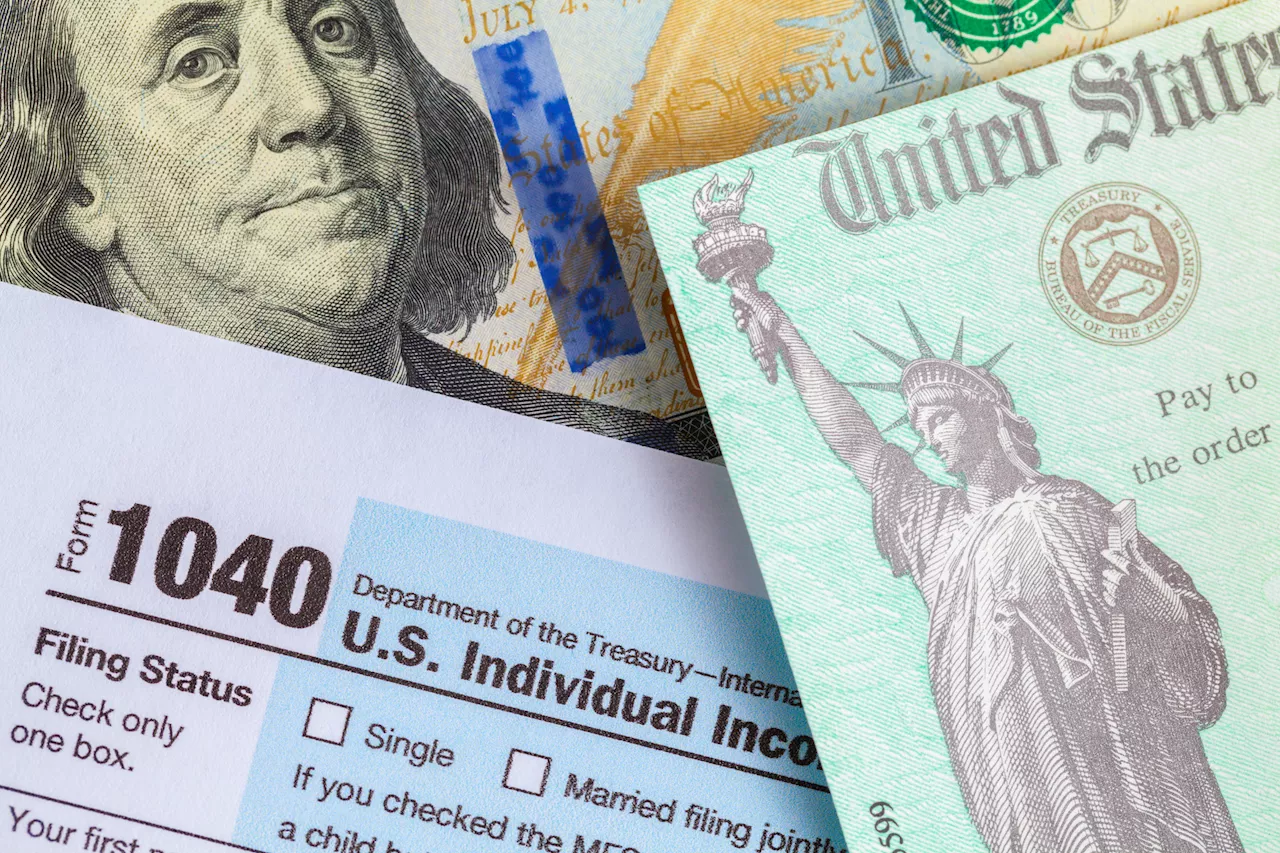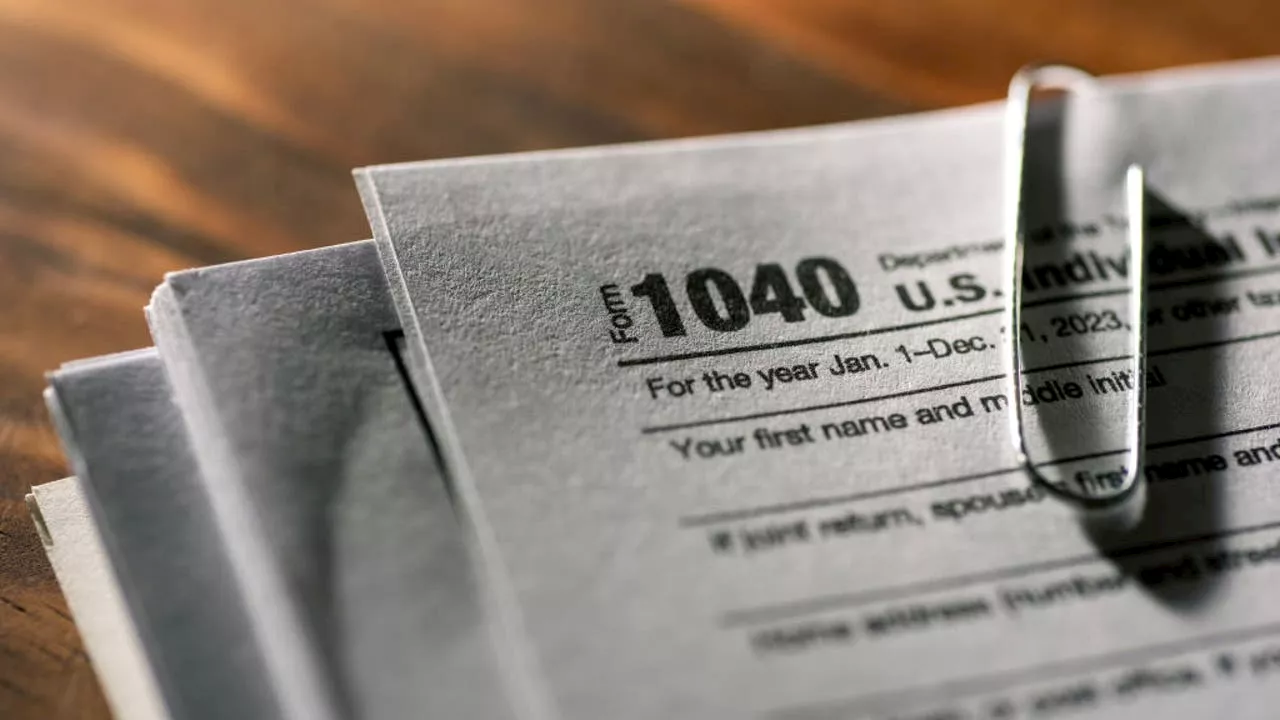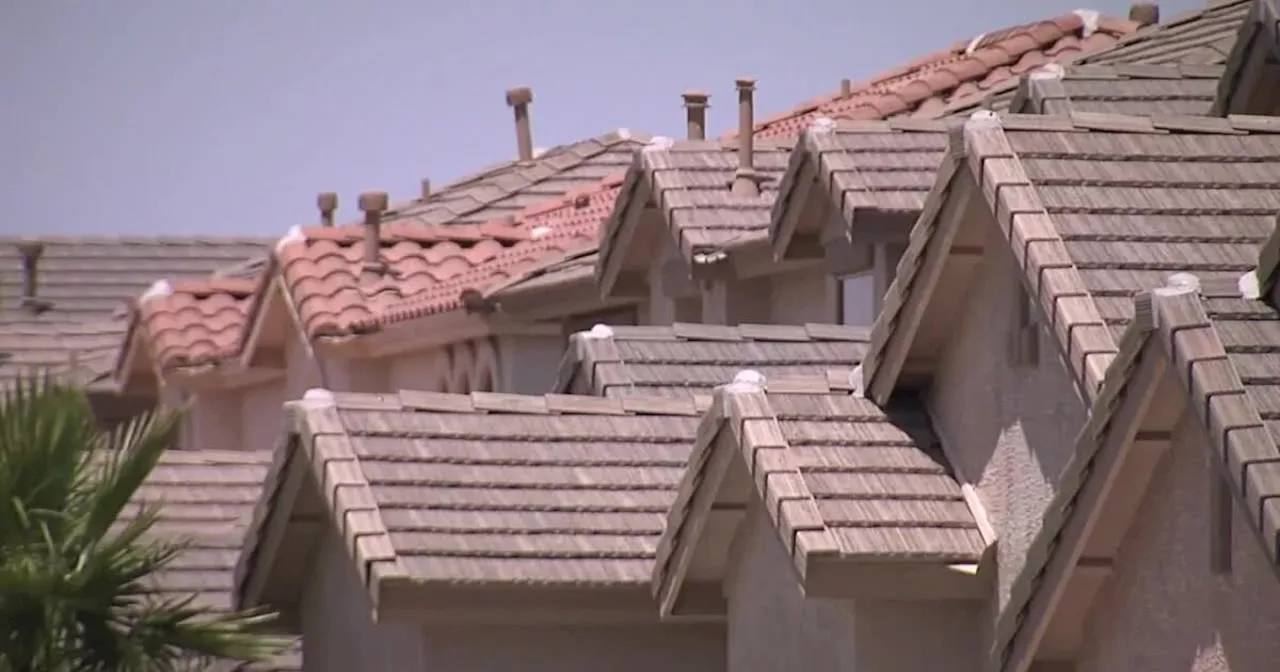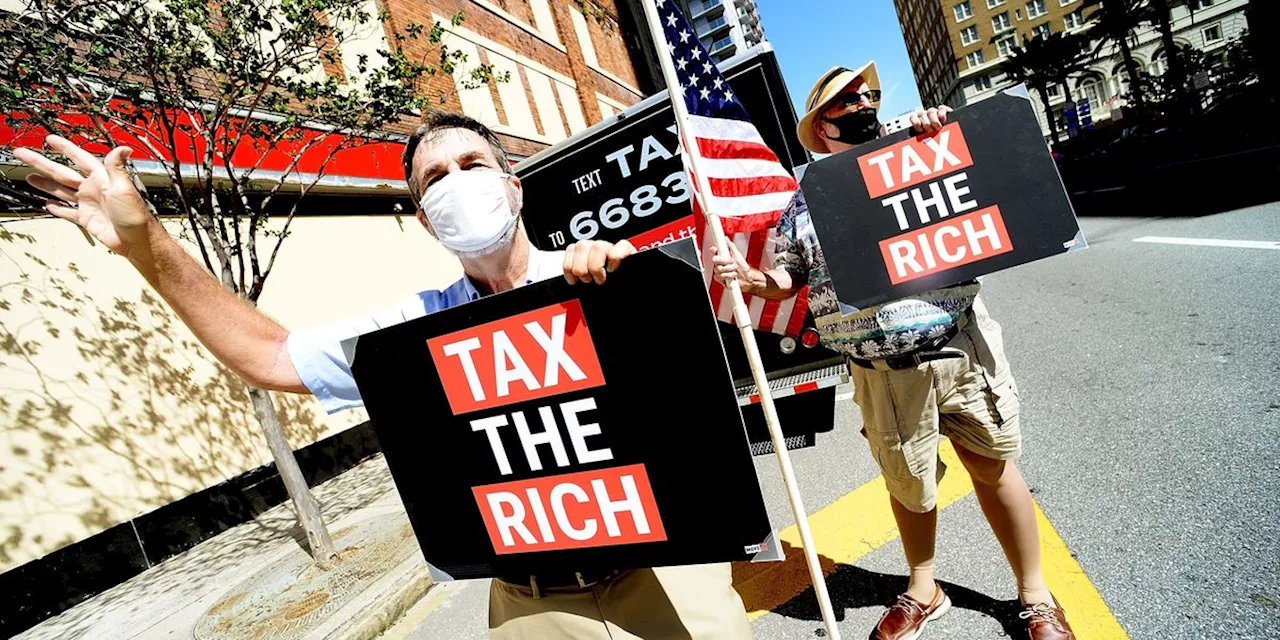This article criticizes the recurring trend of tax cuts for the wealthy, arguing that it serves the interests of donors over the needs of communities.
After every major election, the focus shifts to the winning candidates: their mandates, seat margins, and plans for the first 100 days. Policy previews for the coming year abound. However, one issue will dominate discussions in Washington, D.C. and across states—taxes. Republicans in Washington are preparing to extend and possibly expand President-elect Donald Trump's 2017 tax cuts.
Meanwhile, nearly every state will face additional fiscal pressures while striving to fund essential programs and services. The vast majority of Americans favor higher taxes for the wealthy, both at the state and federal levels. It's time for elected officials to heed this demand after years of underwhelming results. Past sessions reveal how anti-tax politicians nationwide cater to their donors: whenever Republicans hold a trifecta in Washington this century, they've championed tax cuts for the wealthy. During the Covid-19 pandemic, 26 states implemented tax cuts, frequently targeting top earners, resulting in a projected $124 billion loss by 2028. We've witnessed this narrative before, and it's stale, unconvincing, and relegates voters to mere spectators when our communities deserve center stage. How many times must we endure the same trickle-down economic fallacy? It's becoming tiresome. Polls demonstrate that voters prefer politicians to adopt a straightforward approach, raising revenue from large corporations and the wealthy, rather than feeling the strain as tax cuts lead to budget cuts for vital programs and services essential for our children and communities
TAXES ECONOMY POLITICS WEALTH DISPARITY POLICY
United States Latest News, United States Headlines
Similar News:You can also read news stories similar to this one that we have collected from other news sources.
 Washington State Democrats Leak Tax Plan With Proposed Firearms Tax and Property Tax IncreasesWashington state Democrats accidentally emailed their sweeping revenue plans, including proposals for an 11% tax on firearms and ammunition, reclassifying storage unit rentals as retail transactions, and lifting property tax levy lids for some residents, to all members of the state Senate. The leak included a PowerPoint presentation with talking points advising lawmakers on how to communicate the tax plan to constituents.
Washington State Democrats Leak Tax Plan With Proposed Firearms Tax and Property Tax IncreasesWashington state Democrats accidentally emailed their sweeping revenue plans, including proposals for an 11% tax on firearms and ammunition, reclassifying storage unit rentals as retail transactions, and lifting property tax levy lids for some residents, to all members of the state Senate. The leak included a PowerPoint presentation with talking points advising lawmakers on how to communicate the tax plan to constituents.
Read more »
 IRS Free File Guided Tax Software Available for 2025 Tax Filing SeasonThe IRS Free File program will start accepting individual tax returns on January 10, 2025, providing free software tools to millions of taxpayers. The program is available for those with an AGI of $84,000 or less and offers both guided software and fillable forms.
IRS Free File Guided Tax Software Available for 2025 Tax Filing SeasonThe IRS Free File program will start accepting individual tax returns on January 10, 2025, providing free software tools to millions of taxpayers. The program is available for those with an AGI of $84,000 or less and offers both guided software and fillable forms.
Read more »
 Chicago Budget Avoids Property Tax Hike But Implements Other Tax IncreasesThe 2025 Chicago budget avoids a major property tax increase, but instead implements a range of new taxes and fees to fill a billion-dollar budget gap. Alderman Scott Waguespack criticizes the plan, saying it will burden everyone and fails to address underlying financial issues.
Chicago Budget Avoids Property Tax Hike But Implements Other Tax IncreasesThe 2025 Chicago budget avoids a major property tax increase, but instead implements a range of new taxes and fees to fill a billion-dollar budget gap. Alderman Scott Waguespack criticizes the plan, saying it will burden everyone and fails to address underlying financial issues.
Read more »
 2025 Tax Filing Season Brings Lower Increase in Tax Brackets and Standard DeductionsThe IRS is increasing its tax brackets by about 2.75% for both individual and married filers in tax year 2025. Standard deductions are also increasing, but at a slower rate than in recent years. This news comes alongside a 2.5% cost-of-living adjustment for Social Security recipients, which is also lower than previous years.
2025 Tax Filing Season Brings Lower Increase in Tax Brackets and Standard DeductionsThe IRS is increasing its tax brackets by about 2.75% for both individual and married filers in tax year 2025. Standard deductions are also increasing, but at a slower rate than in recent years. This news comes alongside a 2.5% cost-of-living adjustment for Social Security recipients, which is also lower than previous years.
Read more »
 Nine States to Cut Income Taxes in 2025Nine states are set to reduce their individual income tax rates in 2025, continuing a trend of state-level tax cuts that began during the pandemic. The Tax Foundation attributes this to states recognizing the importance of a competitive tax code. However, the Institute on Taxation and Economic Policy warns that this 'anti-tax playbook' could eventually harm public services.
Nine States to Cut Income Taxes in 2025Nine states are set to reduce their individual income tax rates in 2025, continuing a trend of state-level tax cuts that began during the pandemic. The Tax Foundation attributes this to states recognizing the importance of a competitive tax code. However, the Institute on Taxation and Economic Policy warns that this 'anti-tax playbook' could eventually harm public services.
Read more »
 Arizona to Eliminate Rental Tax in 2025Arizona renters will see relief in the new year as a new law eliminates the state rental tax starting January 1st, 2025. The transaction privilege tax, or TPT rental tax, varied from 1.5 to 3.5 percent and was imposed by 75 cities and towns across the state. While some housing experts believe the tax elimination won't significantly impact rising rents, it is expected to bring extra savings to long-term renters. However, cities and towns that rely on the rental tax revenue will need to find alternative ways to make up the estimated $230 million loss.
Arizona to Eliminate Rental Tax in 2025Arizona renters will see relief in the new year as a new law eliminates the state rental tax starting January 1st, 2025. The transaction privilege tax, or TPT rental tax, varied from 1.5 to 3.5 percent and was imposed by 75 cities and towns across the state. While some housing experts believe the tax elimination won't significantly impact rising rents, it is expected to bring extra savings to long-term renters. However, cities and towns that rely on the rental tax revenue will need to find alternative ways to make up the estimated $230 million loss.
Read more »
